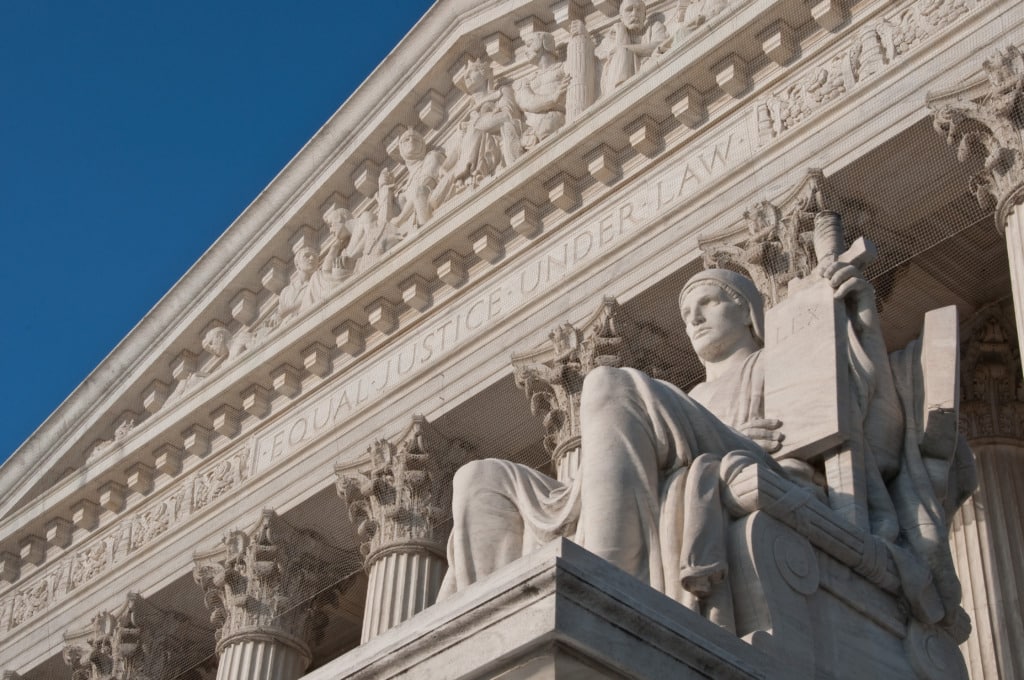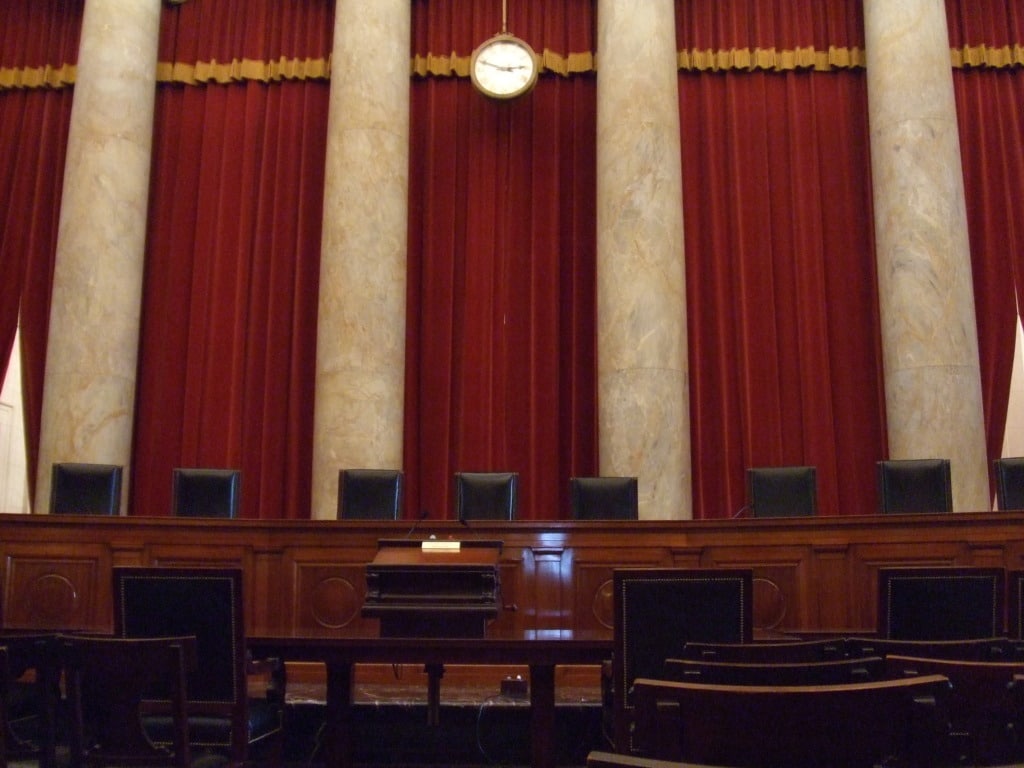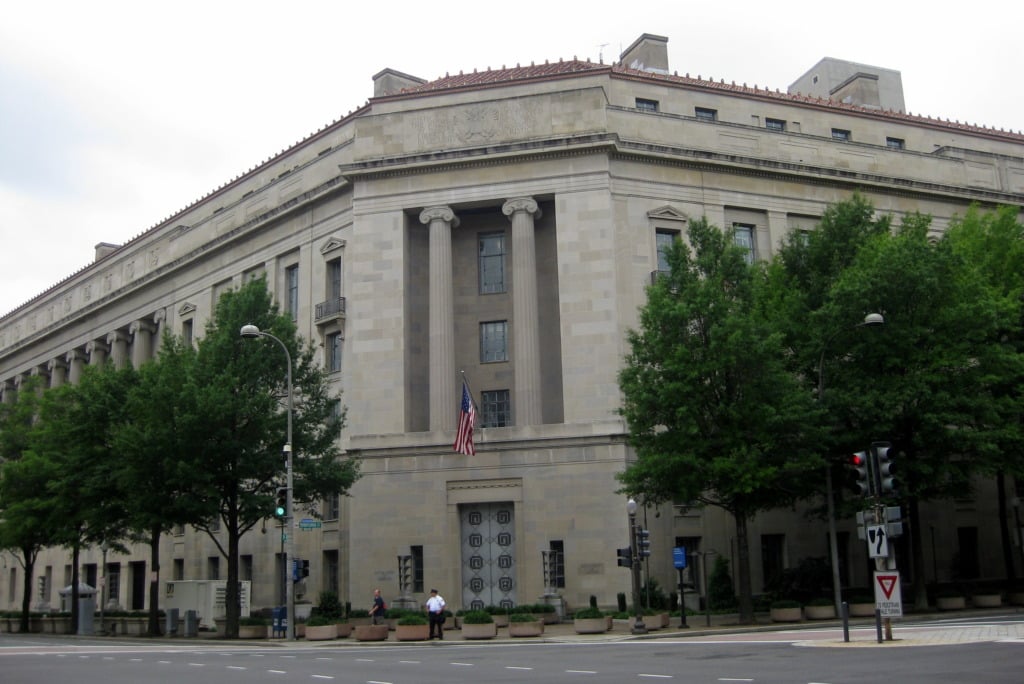Throwback Thursday: Eighty Years of Ex Parte Republic of Peru
Back in 1943, the Supreme Court issued its opinion in an admiralty case against the Ucayali, a Peruvian steamship. A Cuban company brought the in rem action in a federal district court in Louisiana alleging that the steamship violated a charter agreement by failing to carry a cargo of sugar from Peru to New York….
Continue ReadingFederal Law and Choice-of-Law Reform
How much should federal law have to say about the choice-of-law rules used by federal courts in diversity cases? In Klaxon v. Stentor Electric Manufacturing Co., Inc., the U.S. Supreme Court held that federal courts sitting in diversity should apply the choice-of-law rules prevailing in the states in which they sit. This post defends the…
Continue ReadingHalkbank On Remand: Immunity and Extraterritoriality – Judicial Deference or Customary International Law?
The Supreme Court surprised some by ruling unanimously in Turkiye Halk Bankasi A.S. v. United States that the Foreign Sovereign Immunities Act (FSIA) does not protect Halkbank from criminal prosecution in U.S. courts. Seven Justices concluded that the FSIA applies solely to civil actions but remanded the case – without guidance – for the Second…
Continue ReadingDiscovery and Immunity: LIV v. PGA
The U.S. legal battle between the PGA Tour (Tour) and the upstart rival LIV Golf continues to revolve around discovery. As regular TLB readers know, LIV Golf is a new professional golf tour that competes with the PGA, in part by luring PGA players to play in LIV tournaments. LIV is financed by the Public Investment…
Continue ReadingDear Justice Gorsuch: There’s No Reason to Worry About the Remand in Halkbank
In Turkiye Halk Bankasi A.S. v. United States (Halkbank), the Supreme Court held that the Foreign Sovereign Immunities Act (FSIA) does not apply to criminal proceedings. The Court remanded the case to the Second Circuit to reconsider Halkbank’s claim of common law immunity. Justice Gorsuch, joined by Justice Alito, wrote a partial dissent. He would…
Continue ReadingOpen Questions after Halkbank
The Supreme Court held this week in Türkiye Halk Bankasi, A.S. v. United States that the Foreign Sovereign Immunities Act (FSIA) does not apply to criminal prosecutions. That holding was a blow to Halkbank—a foreign state-owned enterprise under indictment—which had argued that the FSIA provided it with immunity. But the case is not over. The…
Continue ReadingOne More Thought on Halkbank
The recent Supreme Court argument in Türkiye Halk Bankasi A.S. (Halkbank) v. United States has captivated the transnational litigation community. Experts have weighed in in many forms, including on this blog. In this post, I want to add one more thought that I have not seen raised in this context. Even if the Court decides…
Continue ReadingThe Media Coverage of Turkiye Halk Bankasi, in Review
Last week, the Supreme Court heard oral arguments in Turkiye Halk Bankasi A.S. v. United States, a criminal case originating in the Second Circuit. The defendant, Turkiye Halk Bankasi A.S. (“Halkbank”), is a foreign state-owned commercial bank, headquartered in Istanbul, and a subsidiary of the Turkish government’s sovereign wealth fund. Charged with laundering over $1…
Continue ReadingExpert Recap and Analysis of Halkbank Oral Argument at the Supreme Court
Editor’s Note: This article also appears in Just Security. On January 17, the Supreme Court heard oral argument in Türkiye Halk Bankasi A.S. (Halkbank) v. United States. The case asks whether Halkbank, which is majority-owned by the Turkish Wealth Fund (TWF), enjoys immunity from criminal prosecution in U.S. courts. Last spring, I previewed the unresolved…
Continue ReadingExecutive Control Versus “Deference” in Halkbank
On January 17, the Supreme Court heard oral argument in Turkiye Halk Bankasi A.S. v. United States(Halkbank) on whether the Foreign Sovereign Immunities Act (FSIA) applies to criminal prosecutions. One argument advanced by the government in Halkbank (and other immunity cases) is that the executive branch has absolute control over immunity determinations not governed by…
Continue Reading- « Previous
- 1
- 2
- 3
- Next »






